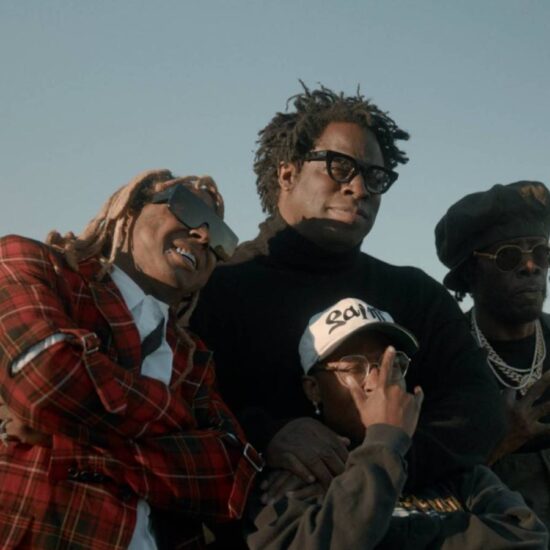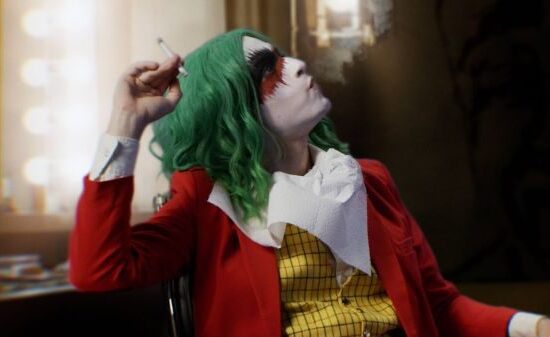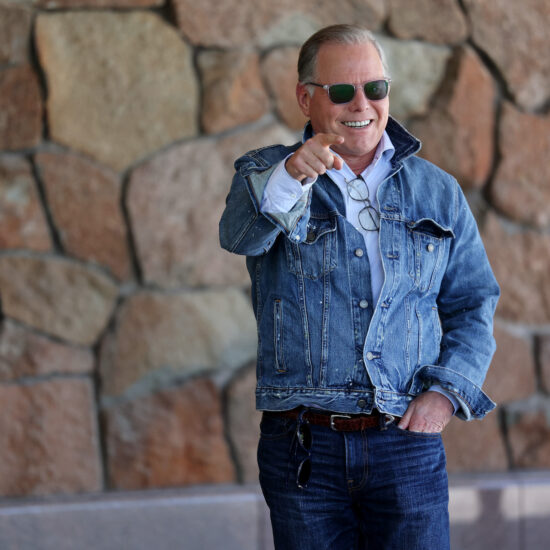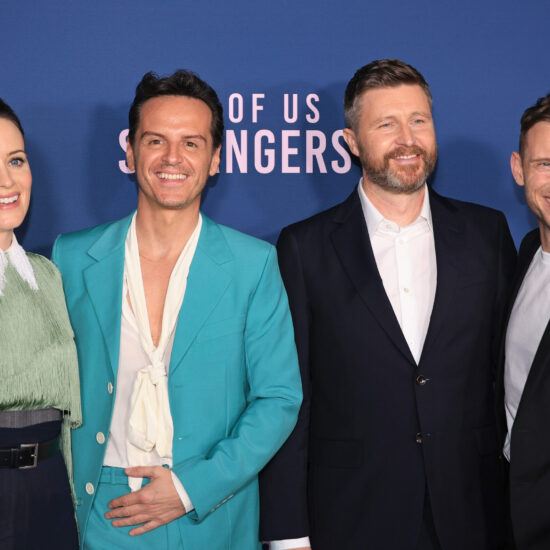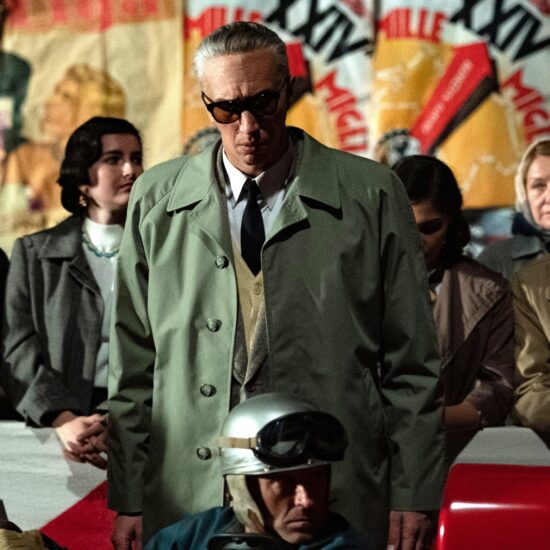
“Black God, White Devil” is so not what you’d expect from a director who’d write a manifesto titled “The Aesthetics of Hunger.” That treatise, published shortly after this film was released in 1964, was the 25-year-old Brazilian Glauber Rocha’s plea for a new type of filmmaking that the “Third World” should adopt to expose the exploitation of their countries by the global north. It’s a staple of film studies classes to this day.
“Black God, White Devil,” however, is far from homework. The Brazilian film is a pulsing, anarchic vision that makes it feel like a progenitor to the then-just-nascent Spaghetti Western movement in Italy. This is a different kind of manifesto, one that feels written in bullets, a shoot-’em-up that marries a propulsive plot and extremely memorable characters to its revolutionary politics.
Janus Films has given a 4K restoration to this masterwork, that’ll premiere at Film Forum in New York City on November 17. You can watch the trailer for the restoration above. And check out the poster at the bottom of the article.
Set in the 1940s, the plot concerns Manoel (Geraldo del Rey), who works as a ranch hand in the Brazilian sertão. After he kills his boss, who was trying to cheat him out of his wages, Manoel and his wife Rosa (Yoná Magalhães) go on the run, Bonnie and Clyde-style. Eventually, they meet up with a violent cult leader (Lidio Silva) who preaches violence against Brazil‘s wealthy landowners, and invokes supernatural forces by slaying an infant with a knife. The actual infanticide takes place (just) offscreen, but the mere suggestion of it was enough to elicit palpable gasps from the audience during one of the last times “Black God, White Devil” was screened for a New York City audience, at MoMA in late 2013. This is why it made IndieWire’s list of the most disturbing foreign films.
It’s shocking stuff, and intended to shock you so that its radical politics stick in your brain that much more. The cult leader is in no way presented as a good person in the film, of course, and eventually a bounty hunter enters the frame to stop him: Antonio das Mortes, a burly, quippy gunslinger with his own unique moral code. The wealthy landowners who hire him are vile in their own right, and he draws the line when they ask him to do something particularly heinous, saying that the price they’re offering “isn’t high enough for a ticket to hell.”
The Antonio das Mortes character is so instantly electrifying he headlined his own spinoff film, Rocha’s later “Antonio das Mortes” (1969). Clint Eastwood’s Man with No Name was being developed for “A Fistful of Dollars” right around the same moment as “Black God, White Devil,” so there was something in the air in the mid-60s that called for terse, morally ambiguous gunslingers who mete out their own form of justice. “Black God, White Devil” is similarly non-didactic in its politics: it seems more concerned with shaking you out of the habitual, of presenting something so totally new — and via legitimate entertainment value — that you might come to some new conclusions about power structures on your own.
That separates it from some other Cinema Novo classics, such as Nelson Pereira Dos Santos’s “Vidas Secas” (1963), which feels more squarely of the Italian Neorealist tradition of exposing poverty as an end unto itself. Rocha’s work, as a whole, was of a kinship to Godard’s in that the filmmaking is so unique, the storytelling so singular, that when it comes to the politics you have to make up your own damn mind.
And indeed Rocha’s politics were eventually all over the place: his last film before his death at 40, “The Age of the Earth,” made IndieWire’s list of the best films of the 1980s, and it is certainly that, even if he received funding from Brazil’s right-wing military junta to make it, and it received a boycott by many parties when it debuted at the Venice Film Festival that year as a result. It can hardly be the film that the dictatorship hoped he would make, however.
Watch the trailer for “Black God, White Devil” above.











